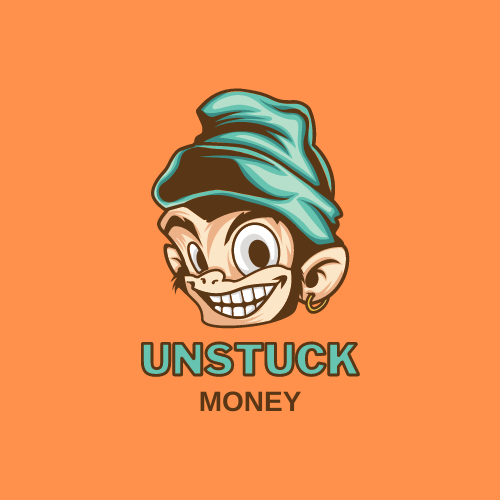As online payment platforms like Zelle® and Cash App gain popularity, so do the scams. We recommend that you use them sparingly. Fraudsters employ various tactics to exploit unsuspecting users. To help you safeguard your money, let’s explore six common scams and how to spot them.
Common Scams on Zelle and Cash App
1. Fake Sellers: Scammers pose as sellers in online marketplaces, offering attractive deals. After you pay, they vanish. Be cautious with online purchases and verify sellers’ credibility.
2. Phishing/Impersonation: Scammers impersonate Zelle®] or financial institutions through emails or calls, seeking personal information or claiming account compromise. Contact your bank directly if you receive suspicious messages.
3. Overpayment Scams: Fraudsters send excess money and ask for refunds via Zelle®. When the initial payment bounces, you lose your money. At Unstuck Money, this is the most common one we have heard of.
4. Job Scams: Fake job listings, especially remote opportunities, may demand fees or personal information. Verify potential employers through reputable channels.
5. Rental Scams: Scammers pretend to be landlords, requesting rent or deposits through Zelle®. Confirm property listings and ownership legitimacy.
6. Prize/Charity Scams: Beware of messages claiming you’ve won a prize or represent charities, asking for donations or fees. It’s often a ploy to extract money.
How to Spot Scams on Zelle and Cash App
Recognizing scams before sending money is crucial. Watch out for these red flags:
- Urgency: Scammers pressure you to act immediately; they avoid questions. Be cautious of rushed requests.
- Grammar and Spelling: Poor language suggests a scam. Legitimate entities maintain professional communication.
- Contact Details: Verify the source. Legitimate banks use short codes for texts and avoid including links.
- Account Compromise Claims: Be skeptical of claims about compromised accounts, with requests for payment. Confirm with your bank directly.
- Unexpected Requests: If an unfamiliar entity asks for money, pause and verify legitimacy.
- Self-Payment Requests: Scammers spoof Zelle® accounts to make it seem like self-payment. Double-check recipients.
- Upgrade Requests: Ignore emails or calls requesting payment for “Zelle Business Accounts.” Zelle® doesn’t seek money this way.
- Unexpected Requests from Contacts: If someone you know seeks money unexpectedly, verify the request’s authenticity by contacting them.
In conclusion, vigilance and skepticism are your best defenses against Zelle and Cash App scams. Trust your instincts and verify transactions to protect your finances and personal information in the digital age.





